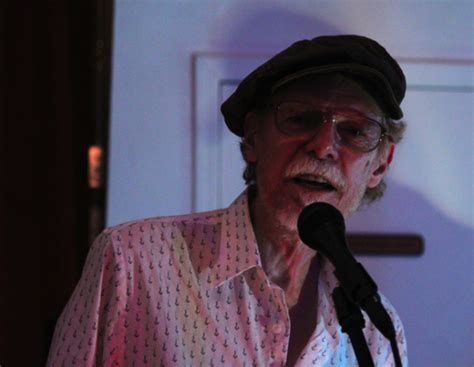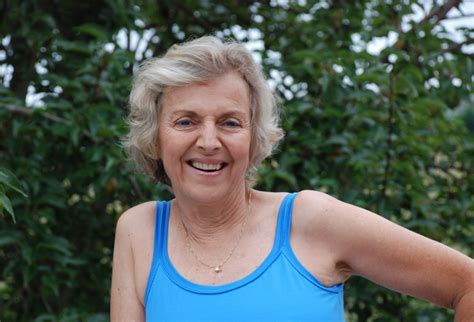A Quote by Margaret Atwood
I enjoyed teaching. I liked the students. Having to formulate my ideas about literature made them clearer. I did not particularly enjoy the more bureaucratic aspects of the job. However, if you are teaching fervently, your energy and time are used up at a great rate.
Related Quotes
Teaching I realized took up a lot of my time. I was a kind of a teacher that spent time with students, spoke to them after class, tried to help them out. I'd talk with them personally about their work and try to get out of them what they were thinking about, forcing them to thinking seriously and not just falling back on all the ideas that they had picked up someplace. And so I took my job teaching very seriously and that - as a result, it took up a lot of time.
I have enjoyed teaching most of the times that I have done it. I also like being by myself and making things and performing, so much that if I hadn't needed an income I probably wouldn't have done much teaching. Having said that, I think working with others, having to come up with art projects, and learning how to present your ideas in a clear way, to adults and/or kids is always interesting and rewarding.
In my teaching, I try to expose my students to the widest range of aesthetic possibilities, so I'll offer them stories from Anton Chekhov to Denis Johnson, from Flannery O'Connor to A.M. Homes, and perhaps investigating all that strange variation of beauty has rubbed off on me. Or perhaps that's why I enjoy teaching literature.
I hadn't had any course work in ceramics. I had no courses in art education but I wasn't going to let this chance to have a job pass me by. I went out and learned and I stayed one step ahead of the students by reading and I got to be pretty proficient at throwing on the wheel and making my own glazes, ordering the chemicals and having the students go out and dig and process their clay, and doing things that they weren't teaching at Howard University. So Talladega College opened up my whole sensibility about experimental teaching.
I am relieved that, in my own teaching, I don't have to moderate between high stake teaching and education for the virtues. If I did, I would give students the tools to take the tests but not spend an inordinate amount of time on test prep nor on 'teaching to the test.' If the students, or their parents, want drill in testing, they'd have to go elsewhere. As a professional, my most important obligation is to teach the topic, skills, and methods in ways that I feel are intellectually legitimate.
As a teacher and parent, I've had a very personal interest in seeking new ways of teaching. Like most other teachers and parents, I've been well aware painfully so, at times that the whole teaching/learning process is extraordinarily imprecise, most of the time a hit-and-miss operation. Students may not learn what we think we are teaching them and what they learn may not be what we intended to teach them at all.
I'd like to give every young teacher some good news. Teaching is a very easy job. Administrators will tell you what to do. You'll be given books and told chapters to assign the children. Veteran teachers will show you the correct way to fill out forms and have your classes line up.And here's some more good news. If you do all of these things badly, they let you keep doing it. You can go home at three o'clock every day. You get about three months off a year. Teaching is a great gig.However, if you care about what you're doing, it's one of the toughest jobs around.
I started teaching yoga in 1974 in Colorado, I was living in Winter Park, and I started teaching skiers. At that point I was teaching more of the Sivananda system and just pushing it up a little bit to make it a little more rajasic a little more active, a little more physical. People would come, and feel great, and by the time I left Colorado in 1980 I'd taught pretty much everyone in town - the ski patrol, ski instructors, the bar owners.
When I was teaching at an institution that bent over backward for foreign students, I was asked in class one day: "What is your policy toward foreign students?" My reply was: "To me, all students are the same. I treat them all the same and hold them all to the same standards." The next semester there was an organized boycott of my classes by foreign students. When people get used to preferential treatment, equal treatment seems like discrimination.






































